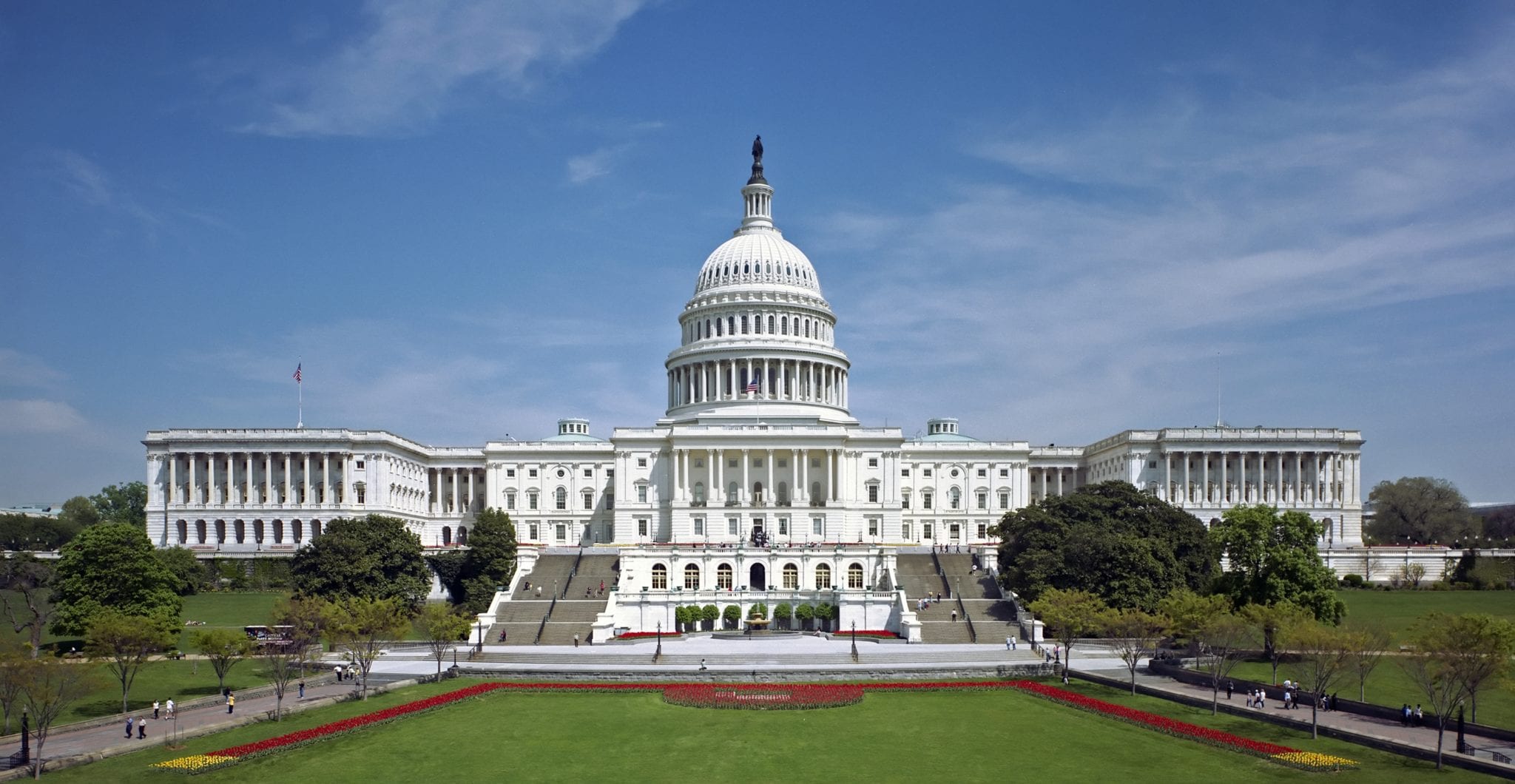
The Biden Administration announced that it will no longer defend the 2019 public charge rule in court. The rule went through many different lawsuits, causing constant changes in the implementation of the rule, sometimes changing from one day to the next. This dismissal means that the final judgement from the Northern District of Illinois, which vacated the 2019 public charge rule, went into effect. As a result, the 2019 public charge rule is no longer is place and the previously existing public charge inadmissibility provision created in 1999 is now in effect.
The public charge rule was introduced by the Trump administration, targeting extension and change of status applicants and immigration visa applicants. DHS revised the definition of “public charge” to incorporate consideration of more kinds of public benefits received when determining whether an applicant was likely to become a public charge. The rule defined the term “public charge” to mean an individual who receives one or more designated public benefits for more than 12 months, in the aggregate, within any 36-month period (such that, for instance, receipt of two benefits in one month counted as two months). The rule further defined the term “public benefit” to include any cash benefits for income maintenance, Supplemental Security Income (SSI), Temporary Assistance to Needy Families (TANF), Supplemental Nutritional Assistance Program (SNAP), most forms of Medicaid, and certain housing programs. For more information about the Trump administration’s public charge rule (which is no longer in effect as of March 9, 2021), please click here.
President Biden’s Executive Order on Restoring Faith in Our Legal Immigration Systems and Strengthening Integration and Inclusion Efforts for New Americans called for an immediate review of agency actions on public charge inadmissibility and deportability. DHS’s review, in consultation with the Departments of Justice and State and the federal benefits-granting agencies, is ongoing. On March 10, 2021, USCIS issued a statement that they are no longer applying the 2019 Public Charge Final Rule and will instead apply the public charge inadmissibility provisions in accordance with the 1999 Field Guidance. This means that for any petitions that are adjudicated on or after March 9, 2021, USCIS will not consider any information that was exclusively required by the 2019 Public Charge Rule, including information provided on Form I-944 or supporting documents submitted with I-944 or information on public benefits provided on Forms I-129, I-539 & I-539A. Applicants applying for green cards from within the United States no longer have to submit Form I-944 and applicants for extensions and changes of status do not need to provide any information related to receipt of public benefits on Forms I-129, I-539 & I-539A.